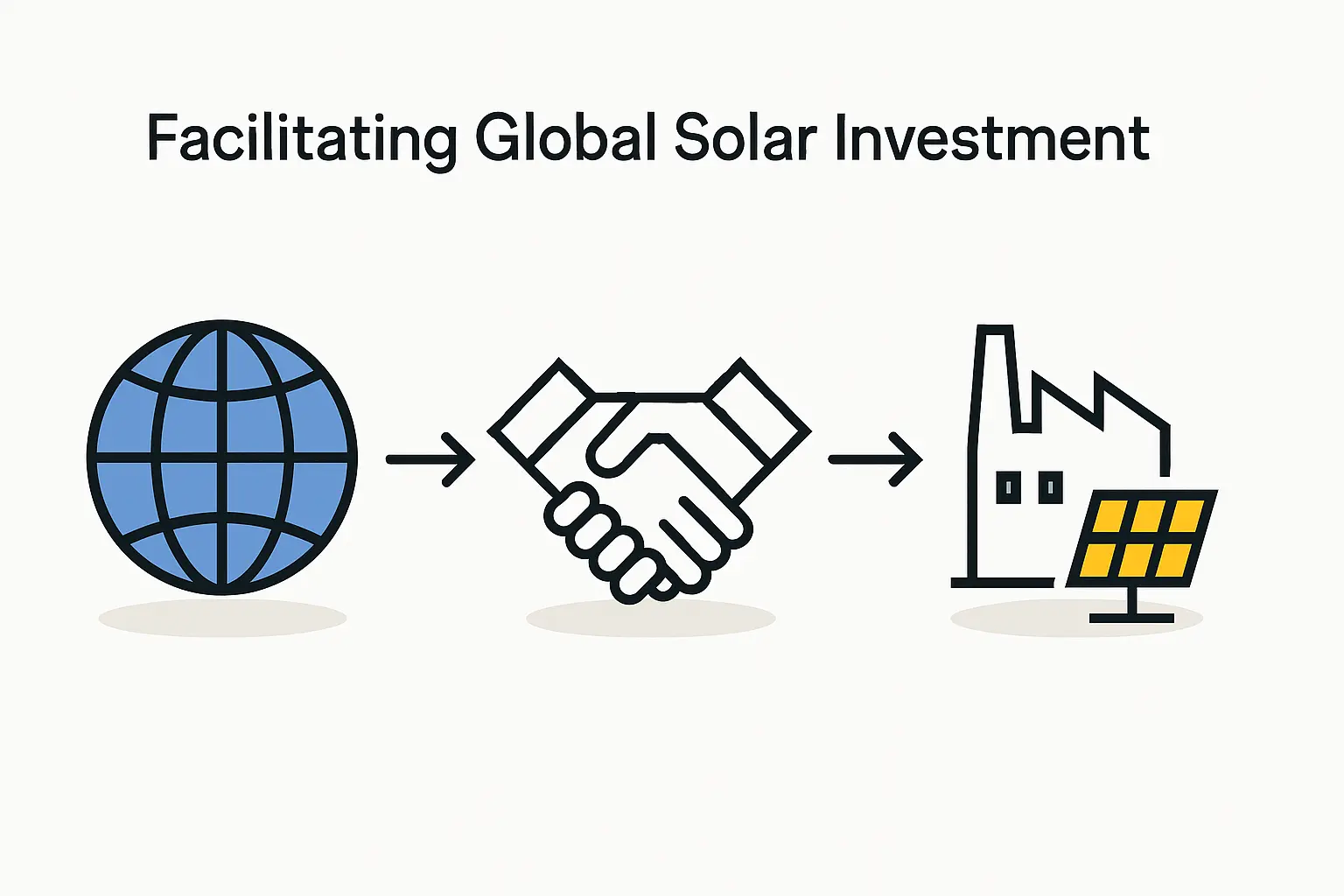USAID Funding Cuts: La Selva Solar Halted
La Selva Biological Station, a key research hub in the Organization for Tropical Studies’ (OTS) biological research network in the Osa Peninsula, Costa Rica, has been forced to halt a solar energy expansion due to USAID funding cuts. As reported by Inside Climate News, the station had planned to install a 160-kilowatt solar array to reduce its reliance on fossil fuels and support its growing research activities. The station has been operating on a smaller solar array since 2015, demonstrating a commitment to sustainable practices. This expansion would have significantly decreased La Selva’s carbon footprint and provided a more reliable energy source for critical research infrastructure.
La Selva’s efforts to expand its solar capacity are part of a broader initiative to support biodiversity conservation in the Osa Peninsula, a region known for its rich wildlife and unique ecosystems. The station hosts over 300 researchers annually and plays a vital role in studying the impacts of climate change on tropical forests and wildlife. This research is crucial for understanding and mitigating the effects of climate change on a global scale.
The funding cut from USAID, originally set to provide $125,000 for the project, is part of a larger shift in the agency’s priorities. This decision jeopardizes La Selva’s renewable energy goals and raises concerns about the future of its research programs. The cut comes despite Costa Rica’s significant contributions to global climate research and conservation, including its commitment to carbon neutrality by 2050.
Osa Peninsula Biodiversity Threatened as La Selva Solar Halted
Costa Rica’s Osa Peninsula, home to the renowned Corcovado National Park, is one of the world’s most biodiverse regions. This area provides critical habitat for endangered species such as jaguars and harpy eagles. However, the region faces increasing threats from illegal logging, mining, and poaching, all exacerbated by climate change. Rising temperatures and changing rainfall patterns further endanger the peninsula’s delicate ecosystems and the species that depend on them.
Ready to make big Profits?
The solar Industry is Booming
WE HELP NEWCOMERS to the solar industry start their own solar module production line. Customers can make BIG PROFITS by selling modules and finding investors, without wasting money and time on things they don't need!
USAID initially allocated $15 million in climate funding for Costa Rica as part of its Amazon Regional Environment Program. This program aimed to support conservation efforts in the Osa Peninsula and address the impacts of climate change on the region’s ecosystems. However, the funding was withdrawn before any projects could be implemented.
USAID Shifts Funds, La Selva Solar Halted
USAID redirected the funds previously allocated for Costa Rica to support climate projects in Peru. This decision has drawn criticism, as both countries face significant climate challenges and arguably should not be forced to compete for limited resources. While the Biden administration has pledged to prioritize international climate aid, this reallocation raises questions about the consistency of that commitment. Examples of other countries investing in solar projects include the Philippines securing financing for a 125 MW solar project and Slovenia deploying 85 MW of solar power in the first half of the year (sources available on PV Magazine). This highlights the global push towards renewable energy and the importance of international collaboration.
Costa Rica Responds to La Selva Solar Being Halted
Environmental groups in Costa Rica have called on the international community to reaffirm its commitment to supporting climate and conservation efforts. They argue that the Osa Peninsula’s unique biodiversity and cultural heritage warrant continued funding. Protecting the region’s ecosystems is vital not only for local biodiversity but also for regulating global climate patterns. The loss of USAID funding has forced conservation groups in the Osa Peninsula to scale back their efforts, increasing the risk of irreversible damage to the region’s invaluable ecosystems and wildlife. The need for continued investment in conservation and biodiversity protection, as highlighted by initiatives like the solar-powered humanitarian hub in South Sudan (PVKnowhow), is more urgent than ever. Peru, the recipient of the reallocated funds, also has ongoing solar initiatives, demonstrating the varied approaches to renewable energy development (PVKnowhow). The situation in the Osa Peninsula underscores the global challenge of balancing competing priorities in addressing climate change and protecting vulnerable ecosystems.



